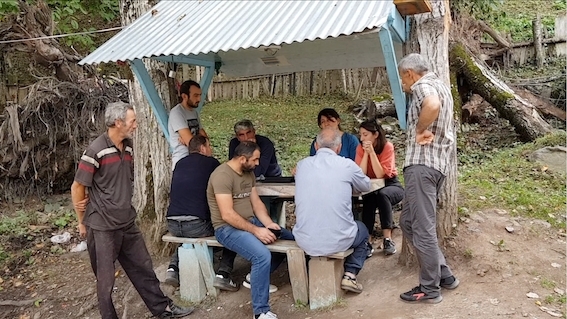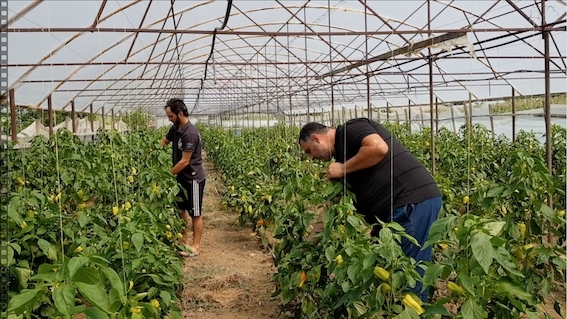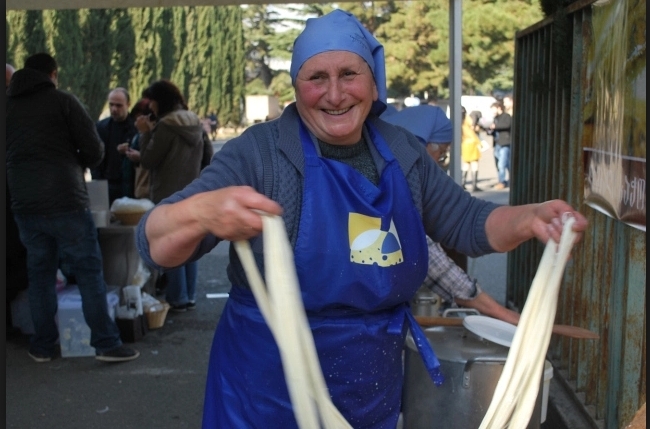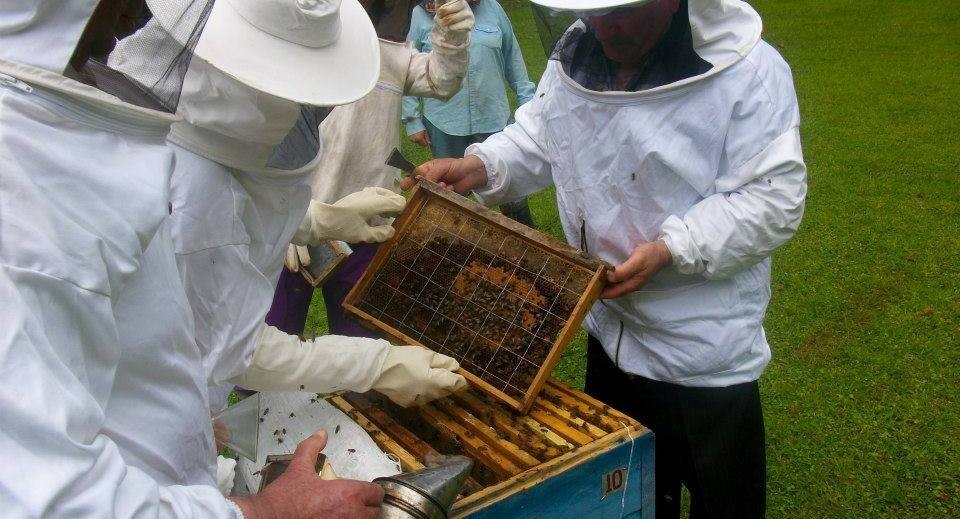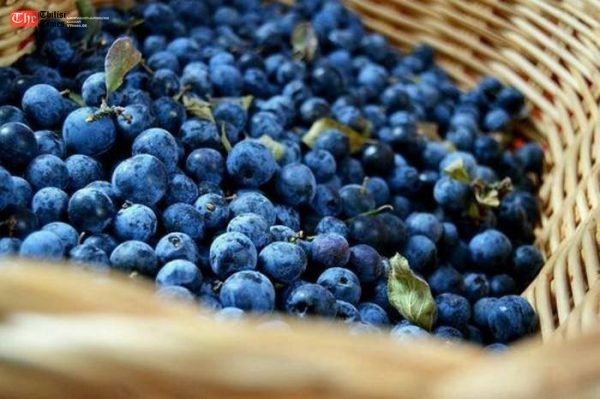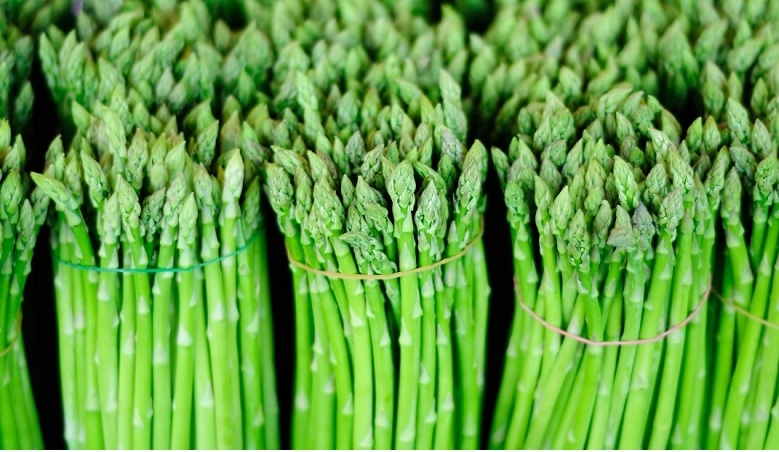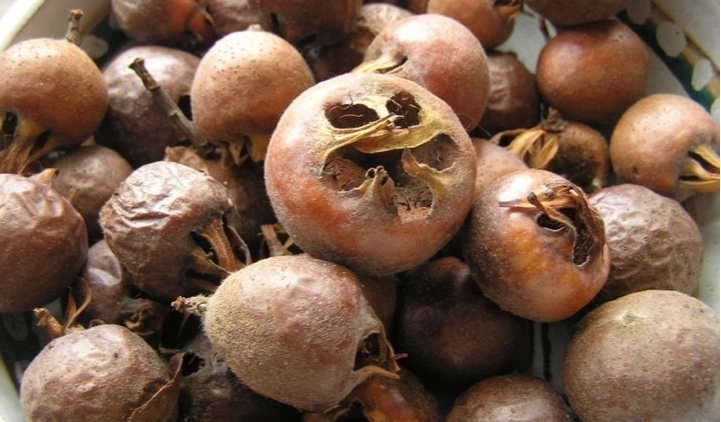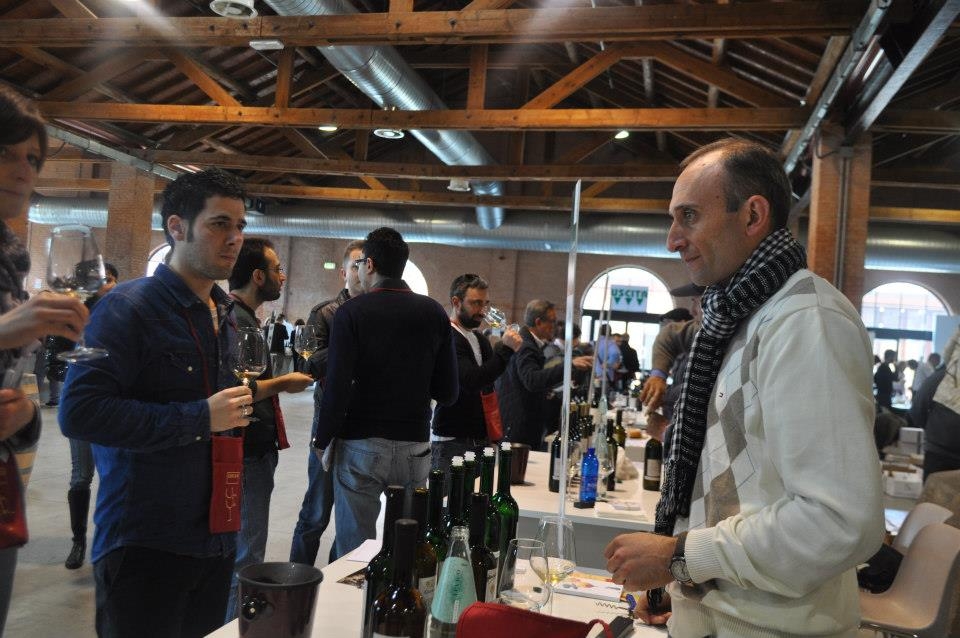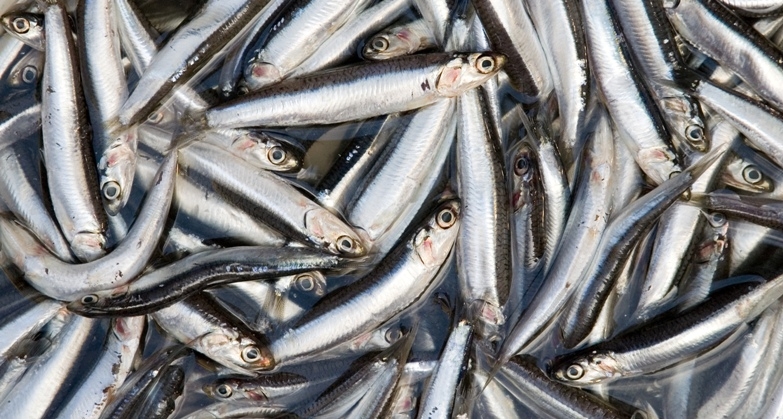Georgian Blueberries on sale in the UK
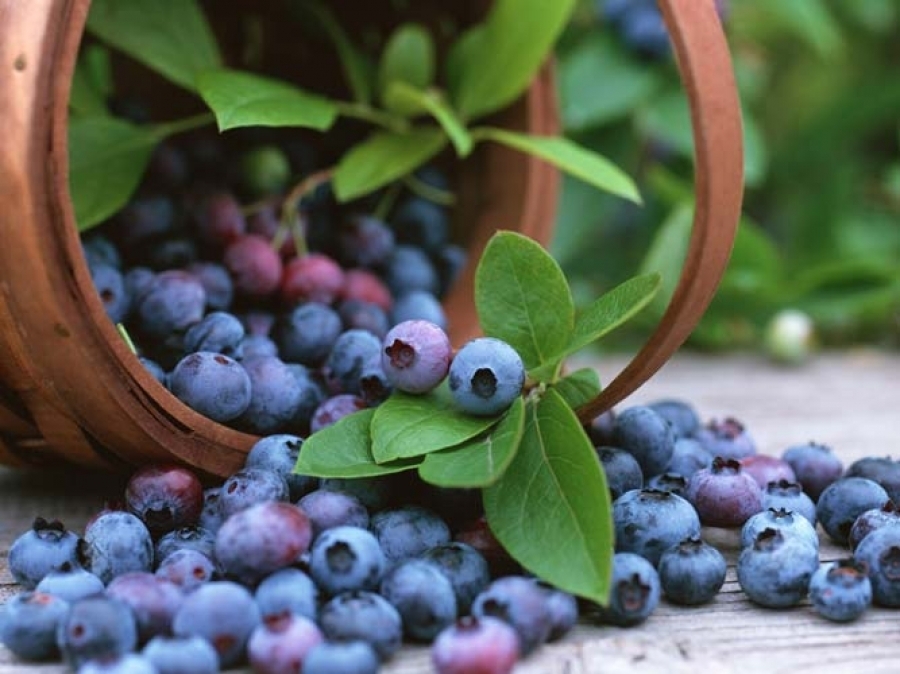
The American blueberry, which adapted well to the climactic conditions of the Guria and Adjara highlands, is in high demand on the global market because of its unique properties. This year, 12 tons of blueberries grown in Georgia were delivered for sale on the British market for the first time. In addition, they are also being exported to Russia.
Vanrik Agro Group started cultivating blueberries in the village of Laituri, in the municipality of Ozurgeti, at the end of 2012. In total, US$5 million was invested in the project. The Group’s blueberry plantation covers 50 ha but the company’s management is set to expand the farm to 400 ha.
Georgian farmers became interested in cultivating blueberries after USAID released a research report, as Vanrik Agro Group financial manager Archil Paichadze explains: “The research mentioned western Georgia as having high potential for growing blueberries. They need acidic soil, and in Guria there is exactly this kind of soil. In the first stage we planted 147,000 seeds. In total, 16 types of species of blueberries are being cultivated and they are harvested before the 15th of August. Every species is ripe for picking at different times.” Going into further detail, Paichadze added: “This year we harvested for the first time. A sample of 12 tons of blueberries was exported to the UK market. The blueberries grown in Georgia are distinguished by their taste and are appreciated on the EU market. The majority of the harvest (25 tons) will be exported to Russia. Our main goal is to access the US and the EU markets. The EU has stricter regulations than Russia.”
Vanrik Agro Group is also planning to build a blueberry-processing factory for which the setting up of the processing line has already started.
According to Paichadze, worldwide demand for blueberries is increasing every year and, accordingly, production is also on the rise. Next year, Vanrik Agro Group is expecting approximately 50 tons from its harvest, most of which will be exported to the EU. Indeed, a memorandum with a Polish company has already been signed, making provisions for the export of blueberries grown in Georgia to the EU.
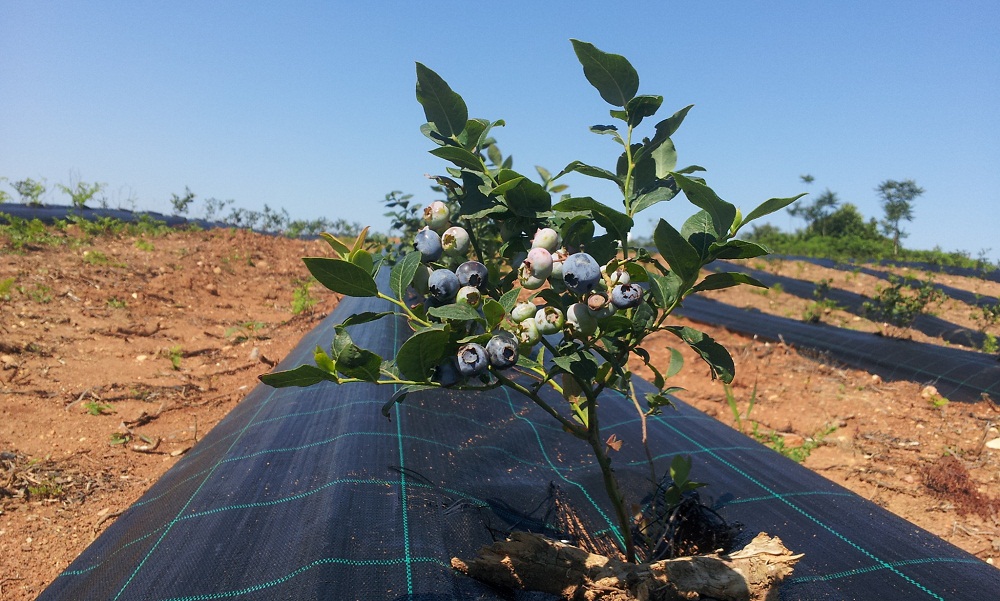
With the support of the UNDP, blueberries are cultivated in three demonstration plots in Adjara region, on the sites of Shuakhevi, Keda and Khulo.
UNDP representative in Adjara, Lasha Komakhidze said: “We were studying this issue for a long time. Our goal was to find an agricultural product, which would provide small land farmers with a significant economic effect, unlike the traditional, but at the same time low income, agricultural products. The blueberry is exactly such kind of plant.”- Giving an extensive picture of the blueberry business, Komakhidze continued: “The cost chain of its production gives such an economic effect, starting from its cultivation and ending up with the product sales. Typically, the farmers in Adjara have land which cannot be worked on by heavy machinery. However, now the Adjarian farmer can produce blueberries that value at least 7000 GEL on 2000-2200 square meters of land, which previously brought in 200 GEL worth of corn. Market realization is not difficult, since the demand for the blueberry is higher than the supply on the local market.”
Komakhidze finished by noting the currently advantageous market conditions for blueberries grown in Georgia: “European consumers need large quantities of the product, therefore 2-3 farmers cannot provide the amount of the harvest, which is demanded by European markets. On our demonstration plot only five tons of blueberries are being harvested. This is a very low amount. In order to establish Georgian blueberries on the EU market, the farmers should increase the capacity of the blueberry plantations, or increase the volume of the sales.”


